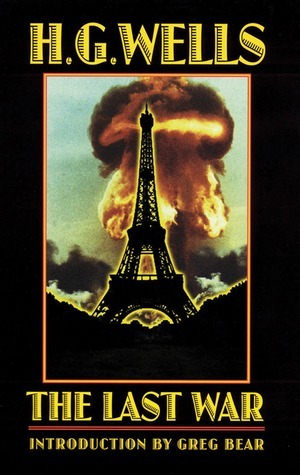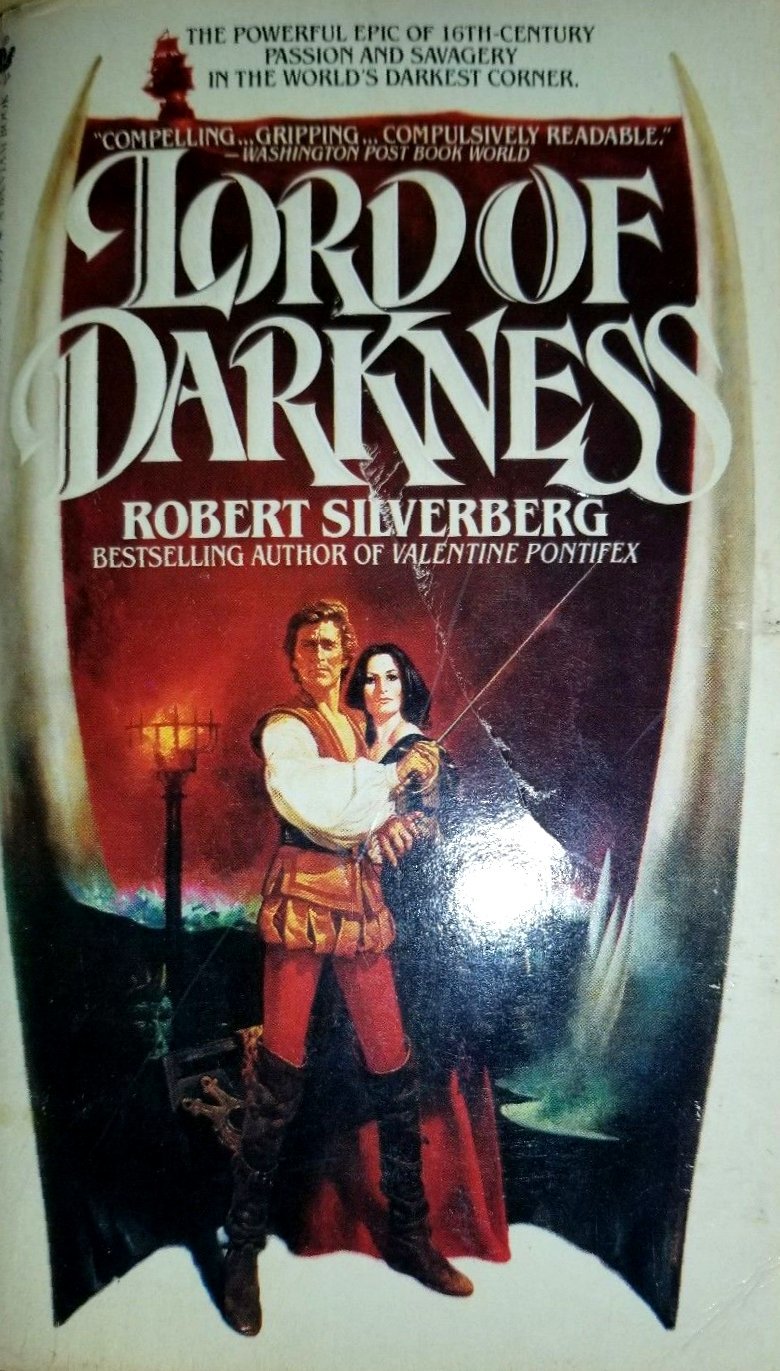
Final Blackout: A Futuristic War Novel
Book Description
Amidst a ravaged world, where humanity's last hope hangs in the balance, a band of guerrilla fighters defies a totalitarian regime bent on obliterating freedom. As cities crumble and darkness spreads, alliances are forged and broken, igniting a fierce struggle for survival. Each confrontation escalates, revealing hidden loyalties and unthinkable sacrifices. In this electrifying clash, the line between hero and villain blurs, testing the very essence of humanity. Can courage prevail in a society shrouded in despair, or will the final blackout snuff out the flickering light of rebellion?
Quick Book Summary
Set in a devastated, war-torn future, "Final Blackout" by L. Ron Hubbard follows the odyssey of a guerrilla unit known as The Lieutenant and his men as they resist the overwhelming might of a totalitarian regime. As Europe collapses under incessant warfare and disease, established governments and order dissolve, giving rise to desperate factions and autocratic rulers. Amidst this chaos, the protagonist—an enigmatic and steadfast commander—leads his band against brutal tyranny, navigating shifting alliances and making harrowing sacrifices to maintain hope. Hubbard's narrative explores the moral ambiguities of war, the costs of freedom, and the fragile boundaries between heroism and ruthlessness, interrogating whether the light of humanity can survive in an age of unrelenting darkness.
Summary of Key Ideas
Table of Contents
War and the Collapse of Civilization
The novel unfolds in an England ravaged by decades of relentless warfare, bioweapon outbreaks, and societal decay. Central authority has crumbled, and populations huddle in bombed-out ruins as martial law and chaos reign. Against this grim backdrop, The Lieutenant leads a ragtag guerrilla force, fighting for basic survival and a flicker of self-determination. The devastated landscape is marked by starvation, disease, and distrust, painting a chilling picture of civilization's collapse. Hubbard skillfully uses this ruined world to showcase the desperation and resilience of those left behind, highlighting the fragility of social order when confronted with sustained catastrophe.
The Nature of Leadership and Sacrifice
As the narrative progresses, the focus tightens on The Lieutenant, whose leadership style is decisive yet compassionate. Forced to make life-and-death tactical decisions, he becomes a figure others gravitate toward amid the void of authority. The costs of command are substantial: loyalty is tested, sacrifices must be made, and alliances shift with alarming speed. Despite mounting losses and treachery from supposed comrades, The Lieutenant's sense of duty does not waver. His internal struggles reflect the human cost of leadership, emphasizing that survival often demands painful, deeply personal choices.
Moral Ambiguity and the Blurred Line Between Good and Evil
Amid ongoing conflict, the lines separating hero from villain become increasingly blurred. Survival in this dystopian world often requires brutality, deception, and calculated risks. Hubbard's characters grapple with their own morality as they are forced into acts that defy conventional ethics. Acts of mercy and cruelty become inseparable, revealing the true ambiguity of war. The Lieutenant’s actions, though motivated by a desire to restore order, occasionally mirror those of his authoritarian adversaries, compelling both characters and readers to question the nature of good and evil in desperate times.
Resistance Against Totalitarianism
The threat posed by the new, totalitarian England underlines the theme of resistance. The regime promises security but delivers oppression, inspiring The Lieutenant’s determination to fight for freedom regardless of the odds. The novel depicts a world in which hope is a precious, nearly extinct commodity—yet it survives through defiant acts of rebellion. Alliances forged in adversity bring brief moments of unity and solidarity, only to be shattered by betrayal or overwhelming force, emphasizing the perils and necessity of standing against tyranny.
The Endurance of Hope in Despair
Ultimately, "Final Blackout" ends on a note that is both somber and cautiously optimistic. As old world structures utterly collapse, the story raises hard questions about the endurance of humanity and the price of liberty. Amid heartbreak, loss, and failure, the possibility of a new dawn lingers, albeit faintly. Hubbard leaves readers with a profound meditation on the resilience of the human spirit and the inextinguishable drive to reclaim meaning even in history’s darkest hours.
Download This Summary
Get a free PDF of this summary instantly — no email required.





